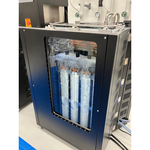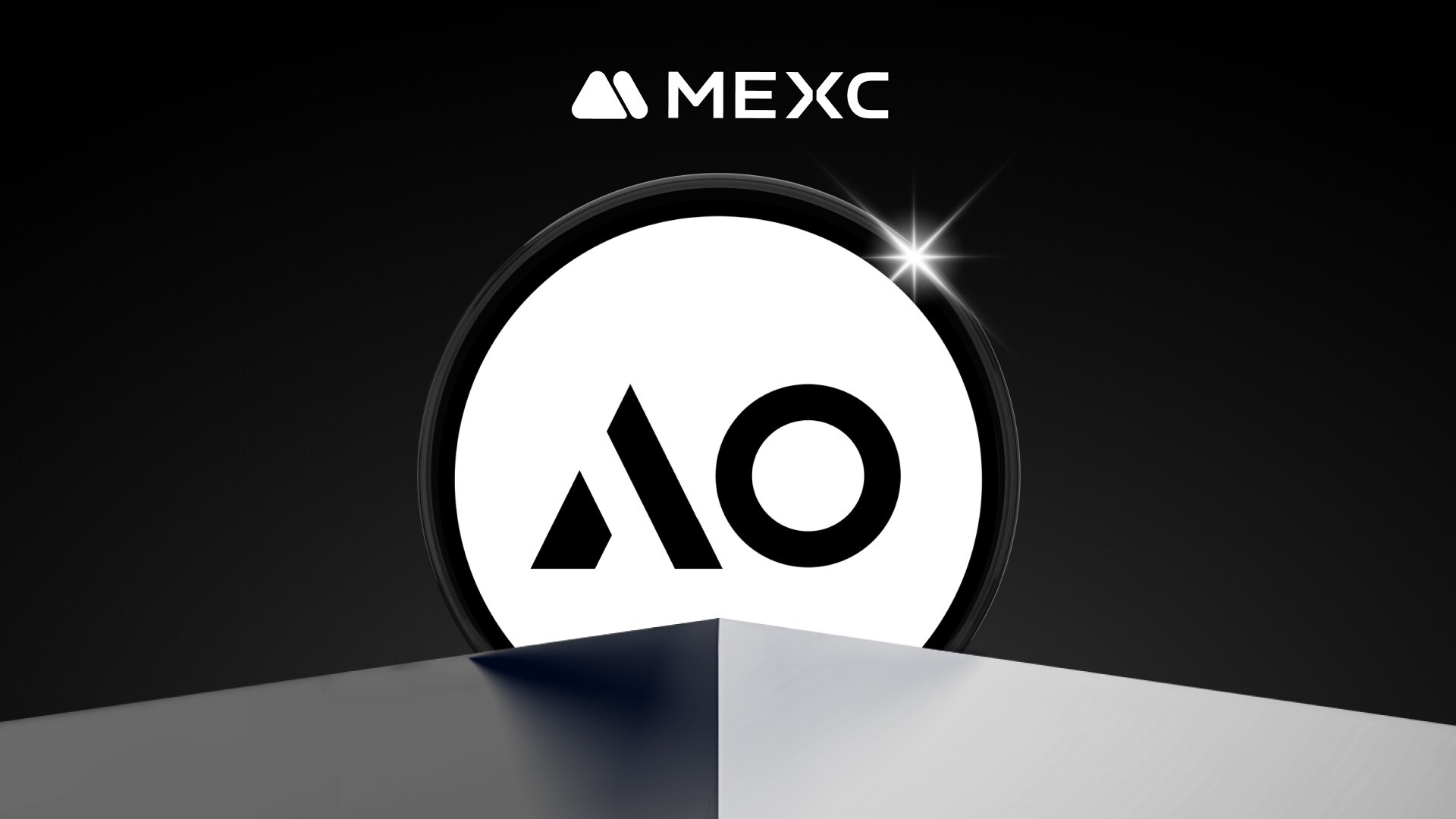Verizon Ranks Highest in Four Regions, Tying with AT&T in Southwest Region, as T-Mobile Ranks Highest in Southeast Region and UScellular Ranks Highest in North Central Region
Wireless Network Quality Improvements Necessary as Customer Demands Grow, J.D. Power Finds
Media Relations Contacts
Geno Effler, J.D. Power; West Coast; 714-621-6224; media.relations@jdpa.com
John Roderick; East Coast; 631-584-2200; john@jroderick.com
The average time wireless customers have spent on their device has increased 40 minutes compared to the first half of 2024, according to the J.D. Power 2025 U.S. Wireless Network Quality Performance StudySM—Volume 1, released today. More than one-third of Gen X1 and Gen Y uses their phones for more than eight hours every two days, most of which is spent streaming, gaming or browsing. As demand has increased, so have network problems, specifically an increase of two problems per 100 uses (PP100) to 11 PP100 from 9 PP100 in the first half of 2024.
“Streaming has become ubiquitous and is straining networks,” said Carl Lepper, senior director of technology, media and telecom at J.D. Power. “Network quality is a critical factor in the customer journey, specifically the second highest reason why they choose to leave their carrier and join another, behind price. As we have been experiencing this generational trend of increased usage, especially for streaming, gaming, and browsing, networks need to prioritize network quality."
Study Rankings
Verizon Wireless ranks highest in the Mid-Atlantic region with a score of 9 PP100.
UScellular ranks highest in the North Central region with a score of 9 PP100. Verizon Wireless (10 PP100) ranks second.
Verizon Wireless ranks highest in the Northeast region with a score of 9 PP100.
T-Mobile ranks highest in the Southeast region with a score of 11 PP100. AT&T (12 PP100) and Verizon Wireless (12 PP100) each rank second in a tie.
AT&T and Verizon Wireless rank highest in a tie in the Southwest region, each with a score of 10 PP100.
Verizon Wireless ranks highest in the West region with a score of 10 PP100.
See the rank charts for each region at http://www.jdpower.com/pr-id/2025004.
The 2025 U.S. Wireless Network Quality Performance Study—Volume 1 is based on responses from 27,528 wireless customers. Carrier performance is examined in six regions: Mid-Atlantic, North Central, Northeast, Southeast, Southwest and West. In addition to evaluating the network quality experienced by customers with wireless phones, the study also measures the network performance of tablets and mobile broadband devices. The study was fielded from July through December 2024.
For more information about the U.S. Wireless Network Quality Performance Study, visit https://www.jdpower.com/business/resource/jd-power-wireless-network-quality-performance-study.
About J.D. Power
J.D. Power is a global leader in consumer insights, advisory services, and data and analytics. A pioneer in the use of big data, artificial intelligence (AI) and algorithmic modeling capabilities to understand consumer behavior, J.D. Power has been delivering incisive industry intelligence on customer interactions with brands and products for more than 55 years. The world's leading businesses across major industries rely on J.D. Power to guide their customer-facing strategies.
J.D. Power has offices in North America, Europe, and Asia Pacific. To learn more about the company's business offerings, visit JDPower.com/business. The J.D. Power auto-shopping tool can be found at JDPower.com.
About J.D. Power and Advertising/Promotional Rules www.jdpower.com/business/about-us/press-release-info
1 J.D. Power defines generational groups as Pre-Boomers (born before 1946); Boomers (1946-1964); Gen X (1965-1976); Gen Y (1977-1994); and Gen Z (1995-2004). Millennials (1982-1994) are a subset of Gen Y.
View source version on businesswire.com: https://www.businesswire.com/news/home/20250116801247/en/

 Business wire
Business wire 












Add Comment